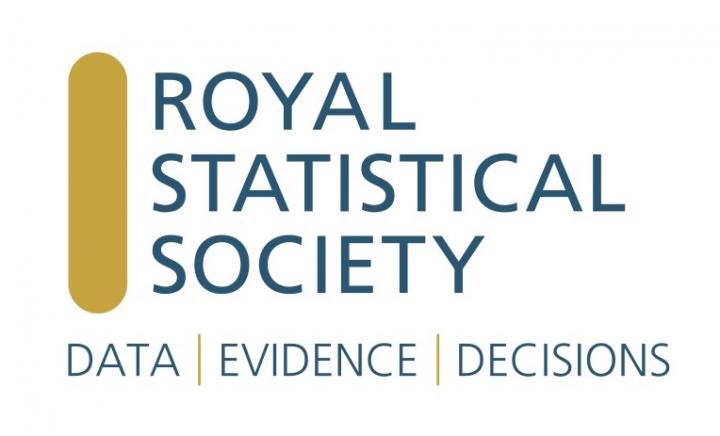CfS Symposium on Training and Education
CfS Symposium on Training and Education
This meeting is jointly organized with the Royal Statistical Society (RSS) and it will cover key aspects on the statistician's profession, and on the new RSS accreditation process.
Registration is free but required for catering purposes.

Speakers:
- Ed Humpherson, Director General of Regulation at the UK Statistics Authority will make the case that statistician's most precious possession is their trustworthiness.
- John MacInnes RSS Vice President (Professional Affairs) will present the new accreditation process.

Agenda:
- 18.00–18:30: Welcome refreshments.
- 18:30–19:10: Ed Humpherson.
- 19:10–19:50: John MacInnes.
"Humble Scholars of Uncertainty? What Distinguishes a Graduate Statistician"


Scope: The Royal Statistical Society strives to develop the skills of the statistical profession and to strengthen the discipline of statistics. It therefore accredits university education and training in statistics. The provision of statistics education has diversified as digital technology has increased the amount and heterogeneity of data available for statistical analysis, and made new forms of analysis possible. Data science has emerged as a new discipline. Is it a new branch of statistics or even a replacement for it? Pedagogy has also evolved to focus more on what students learn than simply on curriculum content. The explosion of personal data now captured makes ethics both more important and more complex. To respond to these changes RSS is revising how it accredits degrees. This poses the question, just what knowledge and skills should we expect a graduate statistician to have? One answer is the new set learning outcomes for graduate statisticians proposed by the RSS (below). This event discusses these, and the challenges facing Statistics education in the coming decades.
A graduate statistician has good knowledge of
• frequentist and Bayesian methods of data analysis
• their logical and mathematical foundations, including relevant probability theory
• the principles of systematic data collection, management and curation
• effectively communicate both substantive results and the nature of the uncertainty inherent in them, to expert or lay audiences.
They are aware of the implications of their work for the rights of individuals, and maintain the highest ethical standards at all times.


CfS Symposium on Training and Education
Bayes Centre G.03 (ground floor)

